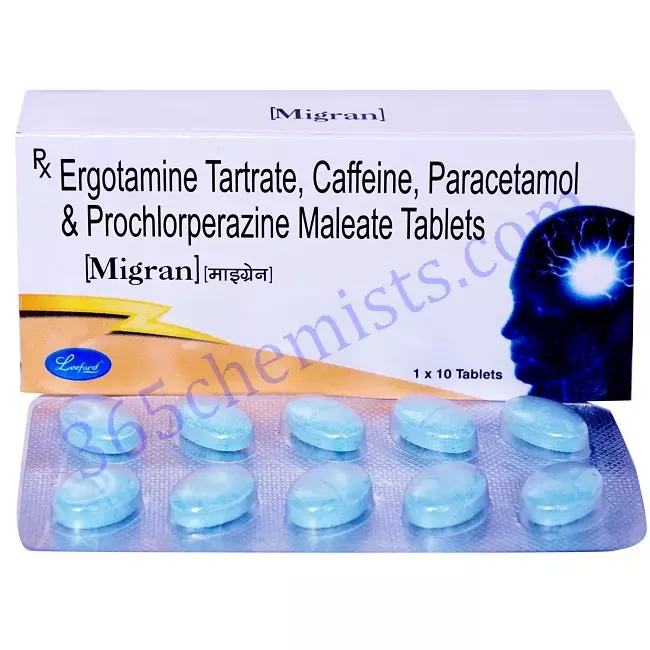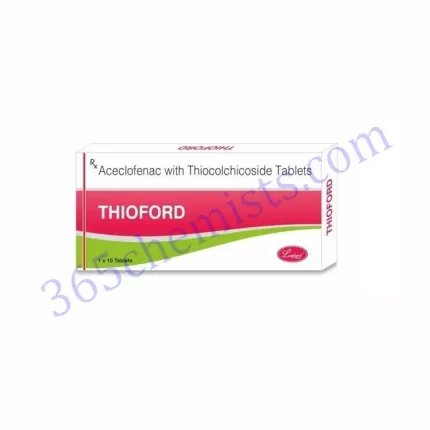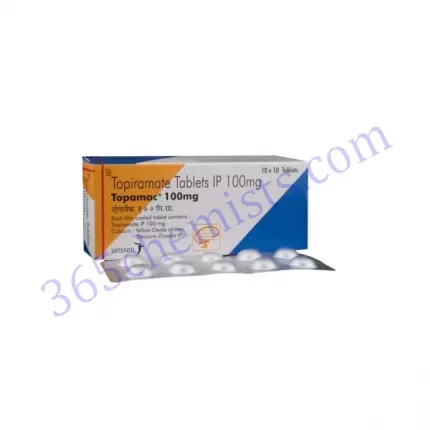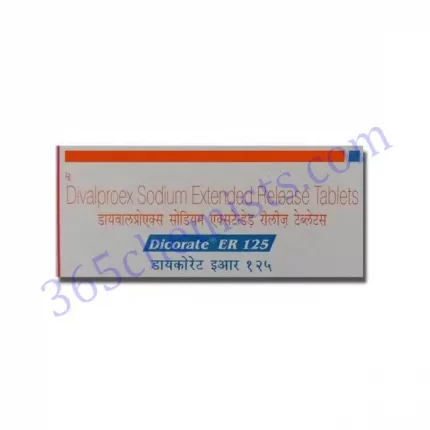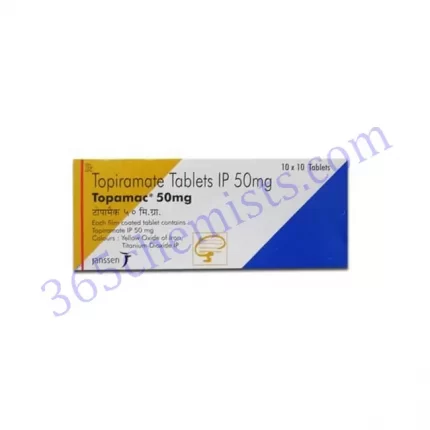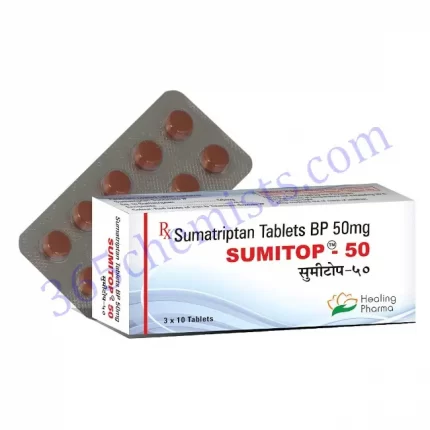Caffeine and paracetamol (also referred to as paracetamol) are the two active ingredients in the combination drug known as Migran Tablet. It was created specifically to offer effective relief from headaches, including migraines. This explanation aims to give detailed information about Migran Tablet, including its applications, dosage recommendations, possible side effects, and significant factors.
Understanding Headaches and Migran Tablet
Pain and discomfort in the head and neck can result from headaches, a common condition. Migran Tablet, which contains both caffeine and paracetamol, relieves mild to moderate pain and reduces headaches by acting synergistically on both substances.
The Benefits of Migran Tablet
- Dual Action: Migran Tablet provides dual action against headaches by combining the advantages of caffeine and paracetamol. In the brain, caffeine helps to constrict blood vessels, and paracetamol acts as a painkiller. This combination offers headache relief that is more concentrated and efficient.
- Relief from Headaches: Migran Tablet is especially effective at easing tension headaches and migraines, among other types of headaches. It aids in reducing the duration and intensity of pain, enabling people to resume their daily activities more comfortably.
- Fast-Acting: Compared to taking either ingredient alone, Migran Tablet’s caffeine and paracetamol combination has a quicker onset of action. As a result, people can get relief from headache symptoms more quickly.
Dosage Guidelines for Migran Tablet
- Individualised Dosage: Depending on the patient’s age, weight, and level of headache discomfort, the dosage of Migran Tablet may change. It is crucial to abide by the dosage recommendations made by the medical professional or listed on the product packaging.
- Administration Time: Migran Tablet should be taken as soon as headache symptoms start to appear. It is crucial to take the medication with a full glass of water and at the times your healthcare provider has advised.
- Maximum Daily Dose: It’s crucial to follow the MigranTablet’s recommended maximum daily dose. Overdosing may increase the risk of side effects while offering little additional benefit for headache relief.
- Caffeine Sensitivity Warning: People who are sensitive to caffeine or have certain medical conditions, such as high blood pressure or heart issues, should use Migran Tablet with caution. Before beginning the medication, it is best to get advice from a healthcare professional.
Potential Side Effects of Migran Tablet
The MigranTablet may cause side effects in some people, just like any medication. While taking the medication, it’s critical to be aware of these possible side effects. Typical negative effects could be:
- Nervousness and Restlessness: MigranTablet contains caffeine, which for some people may cause feelings of nervousness or restlessness. These negative effects are typically minor and short-lived.
- MigranTablet may, in rare instances, cause gastrointestinal upset, including nausea or stomach discomfort. It is advised to speak with a doctor if these symptoms worsen or persist.
- Allergic Reactions: Although uncommon, allergic reactions to MigranTablets can occur in some people. Rash, itching, swelling, or breathing difficulties are all indications of an allergic reaction. If these symptoms appear, you should find a doctor right away.
Important Considerations and Precautions
- Avoiding Excessive Caffeine: While using MigranTablet, it’s important to steer clear of consuming excessive amounts of caffeine from other sources, like coffee, tea, or energy drinks. The risk of side effects can rise and the medication’s intended therapeutic effects may be hampered by excessive caffeine consumption.
- Breastfeeding: MigranTablet use while pregnant or nursing should be discussed with a healthcare professional. Before using the medication in these circumstances, the potential risks and benefits must be carefully considered.
- Interactions with Other Medications: It’s critical to let your doctor know about every drug you take, including over-the-counter medicines and herbal supplements. The effectiveness of Tablet may be impacted by drug interactions, which may also raise the possibility of negative side effects.
Conclusion
The Migran Tablet, which contains caffeine and paracetamol, is a powerful combination drug for the treatment of headaches, including migraines and tension headaches. MigranTablet provides a simple and practical remedy for those in need of relief thanks to its dual action, quick-acting formula, and capacity to reduce headache symptoms. People can effectively manage their headaches and enhance their general well-being by adhering to the dosage instructions, being aware of potential side effects, and taking important precautions. It is crucial to speak with a healthcare professional to receive individualised counsel and direction catered to particular requirements. With the help of Tablet, people can effectively relieve headaches and take back control of their daily lives.
FAQs
What is MigranTablet used for?
Migran Tablet is used to treat acute migraine headaches and relieve associated symptoms like nausea and light sensitivity.
How quickly does MigranTablet work?
Many patients experience relief within 30 to 60 minutes after taking Migran Tablet, depending on severity and individual response.
Can I take Migran Tablet daily?
No. Migran Tablet is intended for migraine attacks, not daily preventive use, unless directed by a doctor.
Is MigranTablet safe?
When taken as prescribed, Migran Tablet is safe and effective for most patients. Always follow medical advice.
Can I order MigranTablet online?
Yes. You can safely order Migran Tablet from us with verified quality, secure checkout, and reliable delivery.

